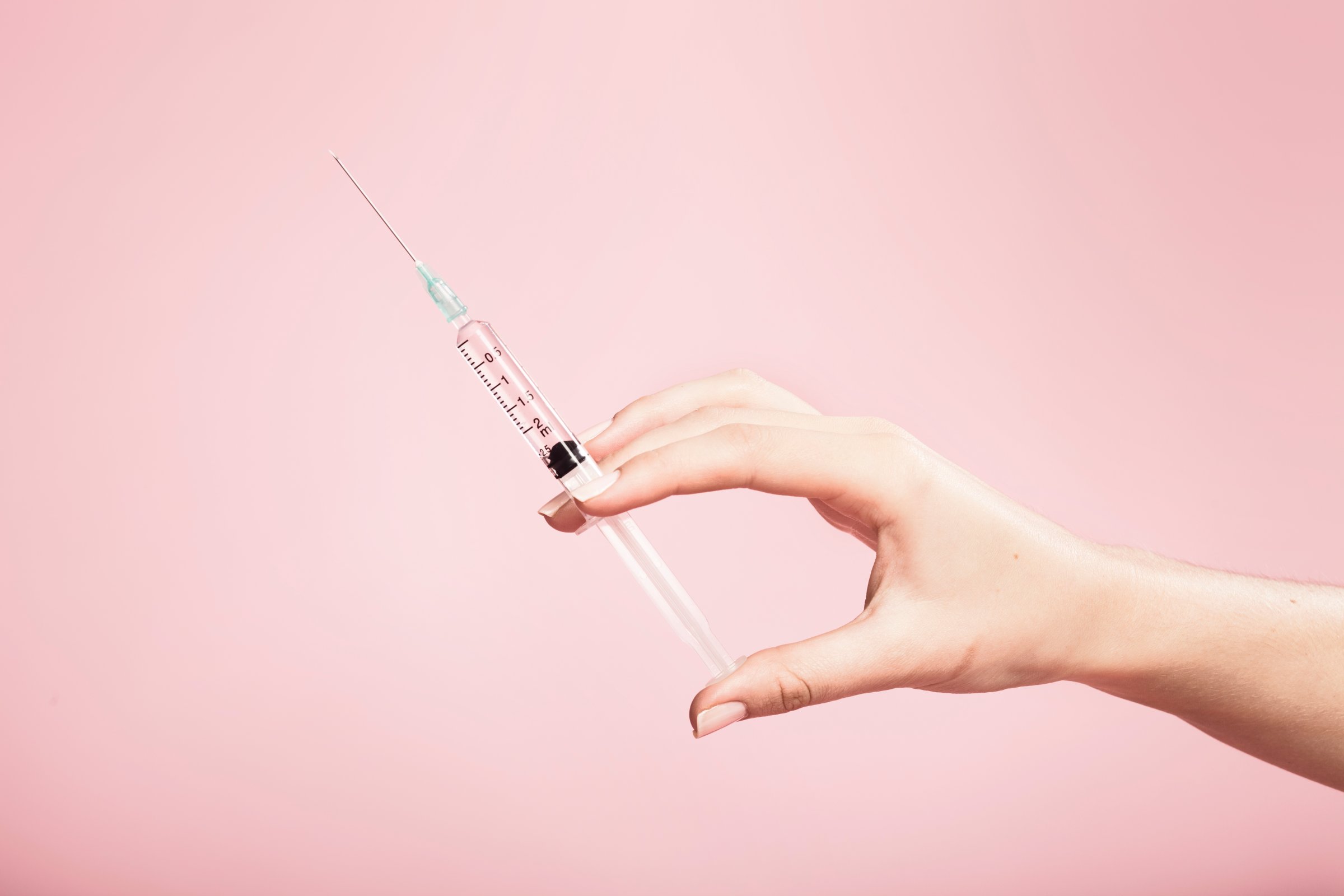
The latest study on the role that the human papillomavirus (HPV) vaccine may play on young girls’ sexual behavior shows what public health experts have long maintained — that the shot, which protects against the virus that causes genital warts, does not lead teenage girls or young women to start having unsafe sex. Nor does it change the opinions of girls who already think unsafe sex isn’t a big deal.
The new analysis, published in the journal Pediatrics, comes from researchers at Cincinnati Children’s Hospital Medical Center, who studied more than 300 young women between the ages of 13 and 21 right after they received the HPV vaccine, and again six months later. The researchers asked the girls about their views on a variety of sex-related issues, such as what they thought about the risk of contracting a sexually transmitted infection (STI) other than HPV after the vaccination and whether they were sexually active.
MORE: HPV vaccine protection lasts more than 6 years
Their answers showed that getting the vaccine did not change their sexual activity, nor did it alter their perceptions of how likely they were to get an STI such as HPV. The vaccine also did not modify how they felt about safe sex; getting immunized also did not affect whether they thought they would get other STIs.
The researchers concluded that that vaccine therefore does not lead to riskier behaviors, as some anti-vaccine advocates have worried, and believe the data should help doctors to improve vaccination rates; currently, a third of eligible girls and only 7% of boys in the U.S. who should receive the shot have gotten all three doses.
HPV is a common sexually transmitted disease that affects about 79 million Americans, according to the Centers for Disease Control, and about 14 million new people will be infected each year. Although most HPV infections resolve on their own, the virus is also the most common cause of cervical cancer, which is why federal health experts added the shot to the childhood immunization schedule in 2007 for girls aged 11 or 12, and for boys of the same age in 2011 in the hopes of protecting people from both STIs and cancer as early as possible.
More Must-Reads from TIME
- Donald Trump Is TIME's 2024 Person of the Year
- Why We Chose Trump as Person of the Year
- Is Intermittent Fasting Good or Bad for You?
- The 100 Must-Read Books of 2024
- The 20 Best Christmas TV Episodes
- Column: If Optimism Feels Ridiculous Now, Try Hope
- The Future of Climate Action Is Trade Policy
- Merle Bombardieri Is Helping People Make the Baby Decision
Contact us at letters@time.com